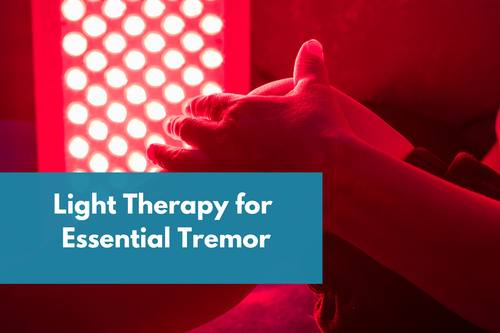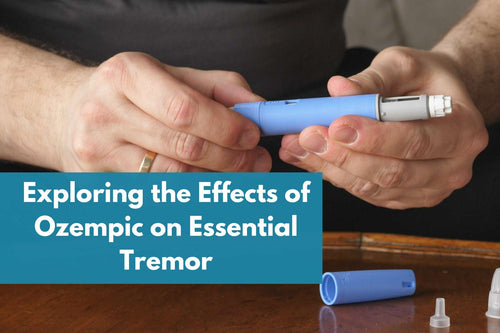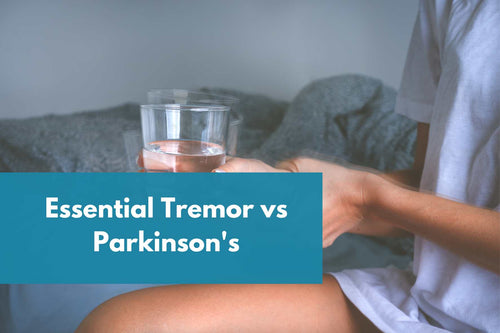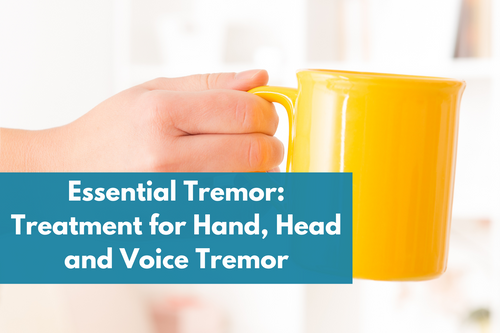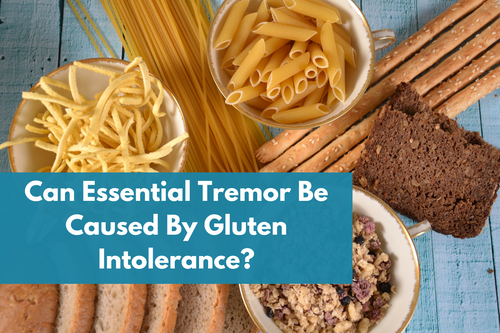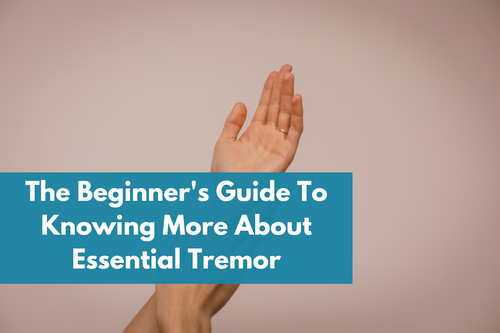
What Makes Essential Tremor Worse?
Share
Essential Tremors, characterized by involuntary rhythmic shaking, can be exacerbated by various factors. Stress, insufficient sleep, smoking, caffeine and alcohol consumption, and specific medications all contribute to the heightened severity of these tremors.
Triggers and aggravating factors
Caffeine and smoking
Essential tremors can be aggravated by lifestyle factors such as caffeine intake and cigarette smoking. Caffeine, a central nervous system stimulant, has been associated with increased tremor activity in individuals with essential tremors. Studies suggest that caffeine's stimulating properties can heighten the involuntary shaking characteristic of this neurological condition. Similarly, smoking, known for its neurostimulatory effects, has been linked to increased tremor activity. The nicotine in cigarettes can impact neurotransmitter activity, potentially contributing to the intensification of essential tremors.
Emotional stress and anxiety
Emotional stress and anxiety play a significant role in intensifying essential tremors. The physiological response to stress triggers a cascade of neurotransmitter activity, impacting the nervous system and leading to heightened tremor severity. Managing stress becomes crucial for individuals with essential tremors to mitigate its impact on their daily lives.
Physical activities
During physical activity, muscles are subjected to higher demands, requiring intricate coordination between the nervous system and muscles for precise movements. In individuals with essential tremors, this heightened demand on the neuromuscular system can amplify tremor activity. The intricate interplay between exercise, the nervous system, and muscle coordination highlights the susceptibility of individuals with essential tremors to heightened tremors during and after physical exertion.

Fatigue and insufficient sleep
Experiencing fatigue or lacking sufficient sleep can contribute to heightened tremor activity, prompting individuals to recognize these influences and make informed choices for minimizing their impact on essential tremors and improving overall well-being. Sleep is an integral part of neurological functions, and disruptions in sleep patterns have been associated with increased tremor activity. Studies suggest that both acute and chronic sleep deprivation can lead to noticeable changes in the brain and nervous system, contributing to heightened tremor severity. The intricate interplay between sleep, neurotransmitters, and the overall functioning of the nervous system underscores the impact of insufficient sleep on essential tremors. When the body is fatigued, the muscles and nerves face increased difficulty in maintaining precise coordination and control. The heightened strain on the neuromuscular system can intensify essential tremors, escalating the frequency and severity of involuntary shaking.
Physical exertion and posture
Strenuous physical activity has been associated with increased tremor activity, intensifying muscle demand, and triggering heightened episodes. The heightened demand for muscles during strenuous activities may contribute to the amplification of essential tremors. Additionally, poor posture has been identified as a factor that aggravates essential tremors. Improper alignment strains muscles and nerves, potentially leading to an exacerbation of tremor severity.
Medications and substances
Medications can play a significant role in tremors, a common problem affecting daily life. Shaky hands or hand tremors may be attributed to various health conditions or certain medications. Examples include asthma inhalers, antidepressants, and immunosuppressants. Understanding that medications can both cause and exacerbate tremors is crucial. Signs that a medication may contribute to hand tremors include the absence of other conditions that typically cause shakiness, the onset of tremors shortly after taking the medication, or an increase in tremors after a dosage adjustment. Medications such as albuterol inhalers, amiodarone, tricyclic antidepressants, SSRIs and SNRIs, levothyroxine, lithium, valproate, metoclopramide, prochlorperazine, immunosuppressants, and typical antipsychotics are known culprits.
Conclusion
In conclusion, recognizing the factors that can intensify Essential Tremors is crucial for those navigating this neurological condition. From lifestyle elements like caffeine intake and emotional stress to physical factors such as exercise, fatigue, and sleep, understanding these triggers empowers individuals to make informed choices.
The impact of these elements on tremor severity highlights the significance of proactive management. By being aware of what makes Essential Tremor worse, individuals can alleviate unnecessary stress on their neuromuscular system, contributing to an enhanced quality of life and improved well-being.

